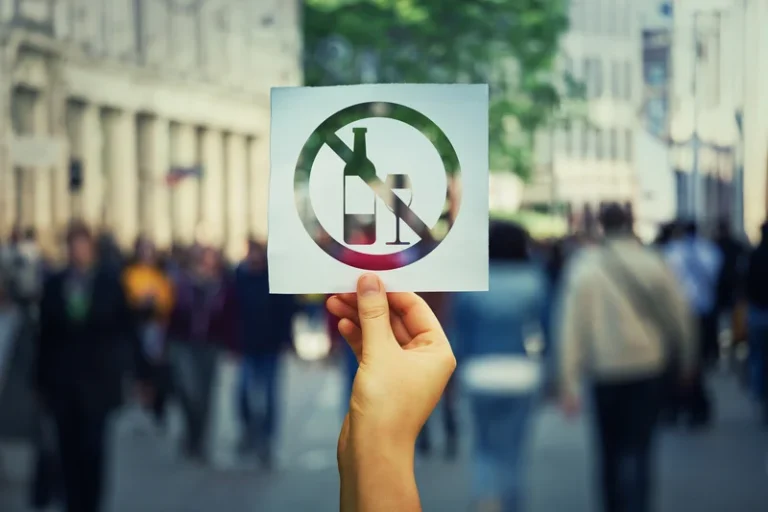
In fact, treatment for an alcohol allergy will focus primarily on any present symptoms (i.e. alleviating rashes with a topical cream). Beyond that, an individual must avoid drinking completely to prevent suffering the symptoms of an allergic reaction and possible death. People with an alcohol allergy experience a reaction after as little as 1 milliliter of pure whiskey allergy rash alcohol or a mouthful of wine or beer (about 10 milliliters). Why some people experience allergic reactions to alcohol – when small amounts are already produced by the body naturally – is yet unknown to researchers. However, in some cases, severe reactions to alcohol are mistaken for allergies when the culprit is Hodgkin’s Lymphoma, a cancer of the lymph nodes.
Difference Between an Intolerance and an Allergy
Symptoms are more likely to be a reaction to the ingredients in a drink, or the alcohol causing other types of allergies to worsen. For example, alcohol may exacerbate preexisting asthma conditions. Some cases of alcohol-related skin reactions may not be caused directly by alcohol itself, but because of the impurities present in the alcohol.
Note swelling around the face and eyes.
The flares may come and go, but knowing your triggers can help you prolong the calm periods in between. There’s no clear scientific evidence that drinking alcohol will cause an eczema flare. Still, many people say that when they drink, their symptoms get worse. Your healthcare professional can diagnose eczema by examining your skin and asking you questions about the nature of your symptoms. To be sure your symptoms aren’t being caused by another allergy, skin tests might be necessary. If you notice that your eczema symptoms are getting worse, you may want to keep a journal to track your body’s response to what you’re eating and drinking.
Can Benadryl help with an allergic reaction to alcohol?
Previously the Editorial Assistant at Prevention, she graduated from the State University of New York at Cortland with a bachelor’s degree in English. If she’s not reading or writing, you can probably find her frequenting the skincare and makeup forums on Reddit or hogging the squat rack at the gym. Scratching your rash or hives can create more irritation and can lead to infection. Frequent baths followed immediately with adequate moisturization may help ease your discomfort.

Anaphylaxis is a life threatening condition that involves a series of symptoms, such as a rash, low pulse, and shock. An alcohol allergy can occur when a person with an alcohol allergy comes into contact with alcohol, which is also known as ethanol. Alcohol detox isn’t easy and not everyone can do it on their own.
How to tell if alcohol makes your eczema worse?

Anaphylaxis is a rare but severe allergic reaction possible with any allergy, including beer or its ingredients. However, for people who are reacting to other ingredients in wine, tracking what they drink and their reactions may make it possible for them to enjoy some alcoholic beverages in moderation. People with alcohol intolerance react quickly to consuming alcohol. Two common symptoms are facial flushing, in which the skin on the face quickly turns red, and nasal congestion.

Can Alcohol Cause Rashes?
Some people don’t have enough of an enzyme called aldehyde dehydrogenase (ALDH). People can develop an alcohol intolerance for a couple of reasons. Sulphites are one of 14 allergens that must be listed in bold in all prepared foods and restaurants. Red wine often takes centre stage as a provocateur of reactions, followed by whisky, beer and other wines.
- ALDH2 Deficiency, as it is known, is a common cause of alcohol intolerance.
- Previously the Editorial Assistant at Prevention, she graduated from the State University of New York at Cortland with a bachelor’s degree in English.
- If you’re starting a new medication, it’s always a good idea to talk with your healthcare provider or pharmacist about how your medication can interact with alcohol.
- If the alcohol molecule cannot be effectively dealt with by the body, it can cause unusual symptoms to occur.
- Most people who think they have an alcohol allergy actually have an alcohol intolerance (also called acute alcohol sensitivity).
- All of these skin conditions may occur without any history of alcohol abuse.
People may also have an allergic reaction to specific ingredients in alcoholic drinks rather than the alcohol itself. Alcohol use can also cause various skin reactions, including rashes. Factors such as aging, hormonal changes, or the onset of certain medical conditions can trigger this. Symptoms include flushing, nausea, increased heart rate, and in severe cases, shortness of breath or a drop in blood pressure. Preventing an alcohol allergy rash primarily involves avoidance of alcohol, especially types known to trigger your symptoms. It’s also important to educate yourself about hidden sources of alcohol in food and medicine.
Look out for diarrhea after drinking alcohol.
Excessive alcohol (ethanol) intake or alcohol abuse can result in many health problems and is implicated as a cause or aggravating factor for several skin conditions. If someone can identify the specific cause of an allergic reaction, the outlook is excellent, as they can avoid the trigger. Most people can manage rashes due to an allergic reaction at home. The Asthma and Allergy Foundation of America (AAFA) note that over 100 million people in the United States experience an allergic reaction each year. If they are not sure what is causing your symptoms, they might want you to see an allergist, a healthcare provider that specializes in allergies and asthma. If you have symptoms after drinking beer and you’re not sure why, your provider can help you figure out what the problem is.
- The rash causes severe itching, redness, oozing, and flaky scales.
- People with aspirin-exacerbated respiratory disease (AERD) are also more likely to have alcohol intolerance.
- The amounts of histamine vary between wines, but generally, there is more histamine in red than white wine.
- If you’re one of the many people who feel hungover after just 1 drink, here’s what you need to know about alcohol intolerance.
In addition, swelling of the parotid gland may be a result of chronic alcohol use. Spider telangiectasis is given that name because of its appearance. Blood vessels (the spider legs) radiate out in all directions from a central blood vessel (its body).